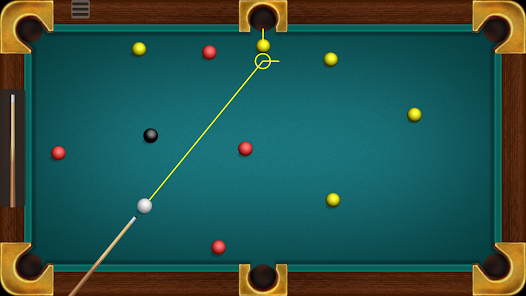Our relationship with food is not just about what’s on our plate. It’s a mirror reflecting how we treat ourselves, our emotional resilience, and our sense of self-worth. For those ready to break free from cycles of guilt, restriction, and overindulgence, cultivating a healthy relationship with food becomes a journey of inner transformation—not just nutritional reform.
Understanding Food Beyond Fuel
While food provides energy and nutrients, it’s also cultural, emotional, and personal. Meals are tied to tradition, memory, and mood. The problem begins when we reduce food to good vs. bad, clean vs. dirty, healthy vs. cheat.
To shift the narrative:
- Recognize that all foods have a place
- Separate moral value from food choices
- See eating as an act of self-respect, not self-control
In other words, healing begins when you stop treating food like the enemy.
Emotions on the Menu
Emotional eating is a coping strategy. We eat to soothe, to celebrate, to distract. This is human. But chronic emotional eating often signals unmet needs.
Instead of shame, bring in emotional intelligence training:
- Name the emotion you’re feeling
- Identify the trigger behind it
- Decide what you really need in the moment (rest, support, expression)
Food can comfort—but it doesn’t resolve. The more emotionally aware you become, the less food has to carry that emotional burden alone.
Your Nervous System Shapes Your Eating Habits
If you’re constantly rushing, stressed, or in survival mode, your nervous system can override your body’s hunger and fullness signals. Healing your food relationship requires a full nervous system reset.
Helpful practices include:
- Vagus nerve activation through humming or breathwork
- Slowing down before meals to enter “rest and digest” mode
- Eating in a calm, safe environment
The calmer your system, the more clearly you can hear your body’s voice.
Rebuilding Trust With Your Body
After years of dieting or bingeing, many people lose trust in their bodies—and themselves. They feel out of control, ashamed, or confused.
To rebuild trust:
- Listen without judgment to cravings or hunger cues
- Respond with consistent nourishment, not punishment
- Keep promises to your body: rest when tired, eat when hungry
This trust is foundational to creating a healthy relationship with food.
Protect Your Energy From Diet Culture
You can’t heal in the same environment that made you sick. Diet culture is relentless in its messaging: shrink, control, restrict. These messages drain your energy and hijack your self-worth.
To protect your energy:
- Say no to toxic conversations about weight or appearance
- Set social media boundaries
- Engage with communities that promote body neutrality and intuitive eating
This is an act of rebellion—and self-protection.
Unlock Your Potential Through Balanced Nourishment
True potential cannot be unlocked when the mind is preoccupied with food obsession or body criticism. When you eat to support—not sabotage—your body, you’re free to focus on what matters most.
To unlock your potential:
- Fuel your body with regular meals and snacks
- Choose foods that both energize and satisfy you
- Honor how food impacts mood, focus, and performance
Nourishment becomes your launchpad, not a cage.
Live With Intention Around Food
When you begin to live with intention, food choices no longer stem from impulse or habit. Instead, they reflect alignment with your values, desires, and wellbeing.
Intentional eating looks like:
- Checking in before a meal: “What does my body need?”
- Choosing foods that feel good—not just now, but later
- Eating without multitasking to savor the moment
It’s not about rules. It’s about mindfulness.
Conclusion
Creating a healthy relationship with food doesn’t mean never eating cake or always choosing kale. It means choosing yourself—again and again—with each bite, each breath, and each moment of compassion.
Food is not the enemy. Your body is not a project to fix. They are both sacred partners in your journey toward balance, presence, and joy. And that journey starts today.



